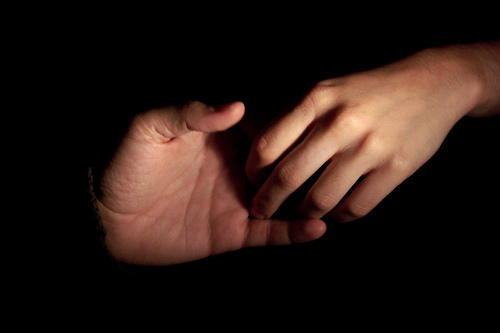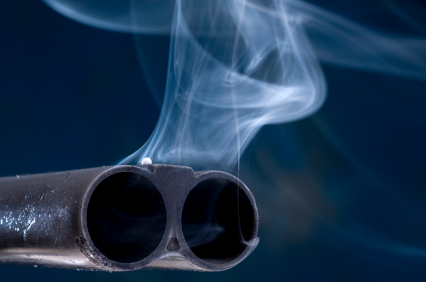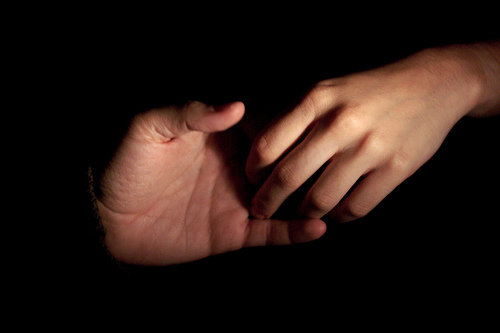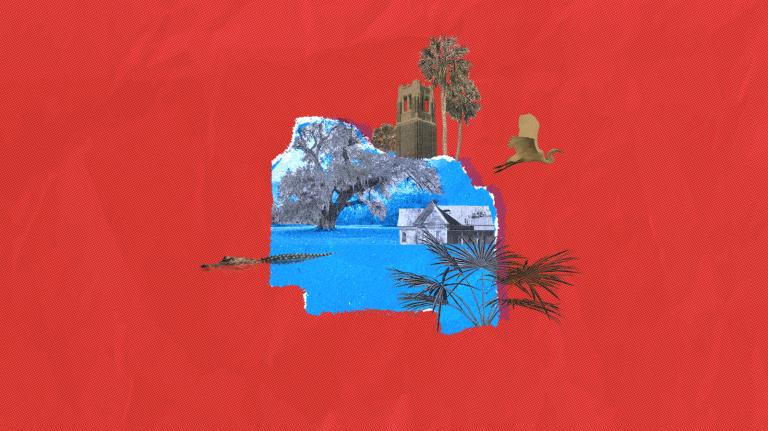 Photo: Josep Ma. RosellI spent the day yesterday in a chemo infusion unit at UCSF hospital, sitting with my friend Heather as she had life-saving poison slowly dripped into her body.
Photo: Josep Ma. RosellI spent the day yesterday in a chemo infusion unit at UCSF hospital, sitting with my friend Heather as she had life-saving poison slowly dripped into her body.
You might think it was a lousy place to spend the day. And of course, in a way it was. No one would choose to go there.
But what struck me over the course of the five hours I spent in those rooms, surrounded by people in every stage of fear and resignation and hope, was a sense of wonder and awe at how beautifully the place worked. It was like a little neighborhood where every need was accounted for, and where all your neighbors could be trusted.
The longer I sat there, the more I started thinking of the place as a kind of model for a city, a community. The infusion bays, with their rows of reclining chairs and IV poles, were like streets; we talked to some of the patients in Heather’s bay, but not others, the ones that needed more privacy, some protected by curtains, some simply by closed eyes. The chair that Heather sat in for five hours and the area immediately around it was home for our little extended family. The reception desk and the waiting area were like our shopping and service district. The huge window, with the clouds streaming by and the shifting light, was like a park — a reminder of the natural world, the thing we all yearned to return to.
Despite the appalling fact of cancer that colored every word and action, everyone was kind and polite and considerate. The nurses went from patient to patient radiating efficiency and compassion as they coaxed needles into veins, changed bags of medication, adjusted pillows, did what they could do ease pain and dissipate anxiety. Patients and their families prepared their own tea and coffee in the waiting area, unfailingly cleaning up behind themselves. A volunteer made the rounds asking if anyone needed to have food brought to them — she was so sweet I hated to break her heart by saying no (Heather’s husband sneaked out to the burrito shop down the block instead).
At one point, an older Chinese-speaking woman standing near the coffee machine — a patient, you could tell by the white plastic band around her wrist — started to make little unintelligible noises of distress, her face contorted as if to telegraph her misery to the rest of us. I exchanged glances with the others nearby, some of them sick, some of them well. We all looked at the Chinese woman and made our own little noises of comfort, trying to signal with our faces that we acknowledged her pain, that we wished we could do something about it. She smiled at us, and nodded before she wandered off. It seemed we had given her what she needed.
Something powerful had passed among us, from one to another — let’s call it an acknowledgment of our common humanity, as corny as that is. All of us in those rooms were facing death, some much sooner than others. Simply being there forced us to acknowledge that. But all of us were living, as well — and in the little city of the chemo ward, we found a way to live well, within the limits of what was possible. A way to create community, as humans will. Touching each other, sharing food, standing to let someone else sit, meeting the eyes of another — these are the things that make a good place. And as although I wish it did not have to exist, that chemo ward is a very, very good place.



